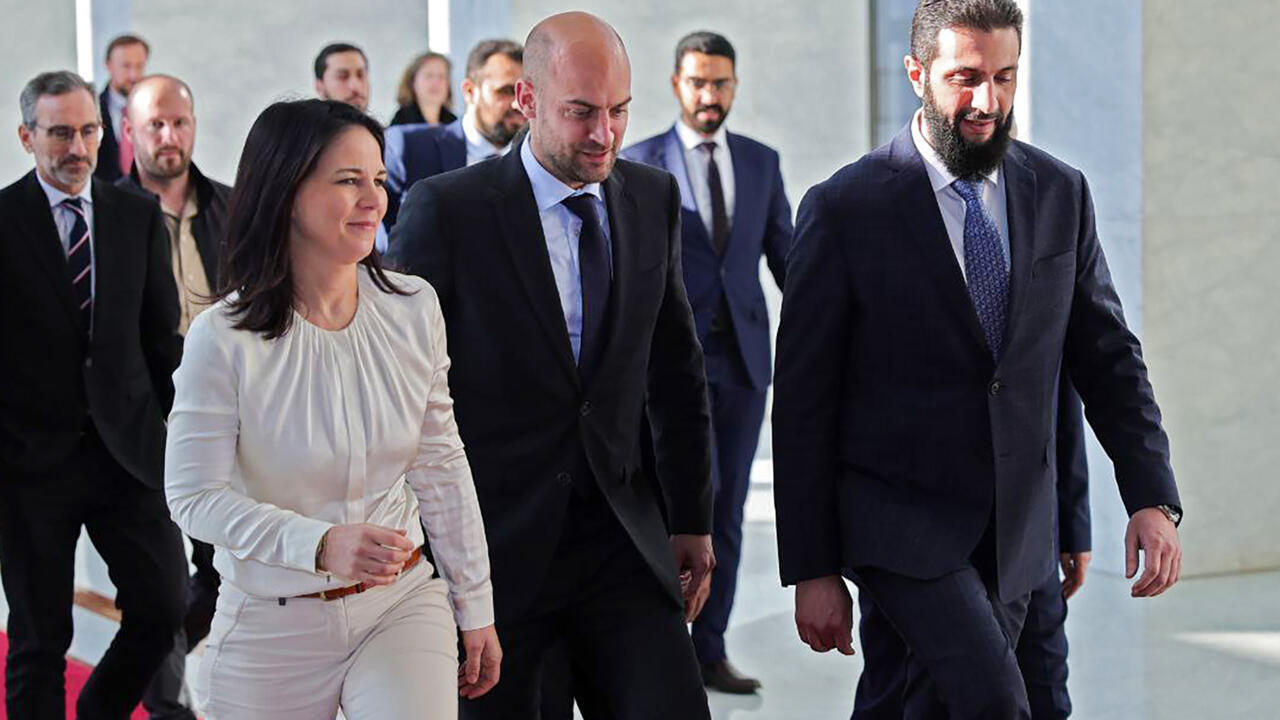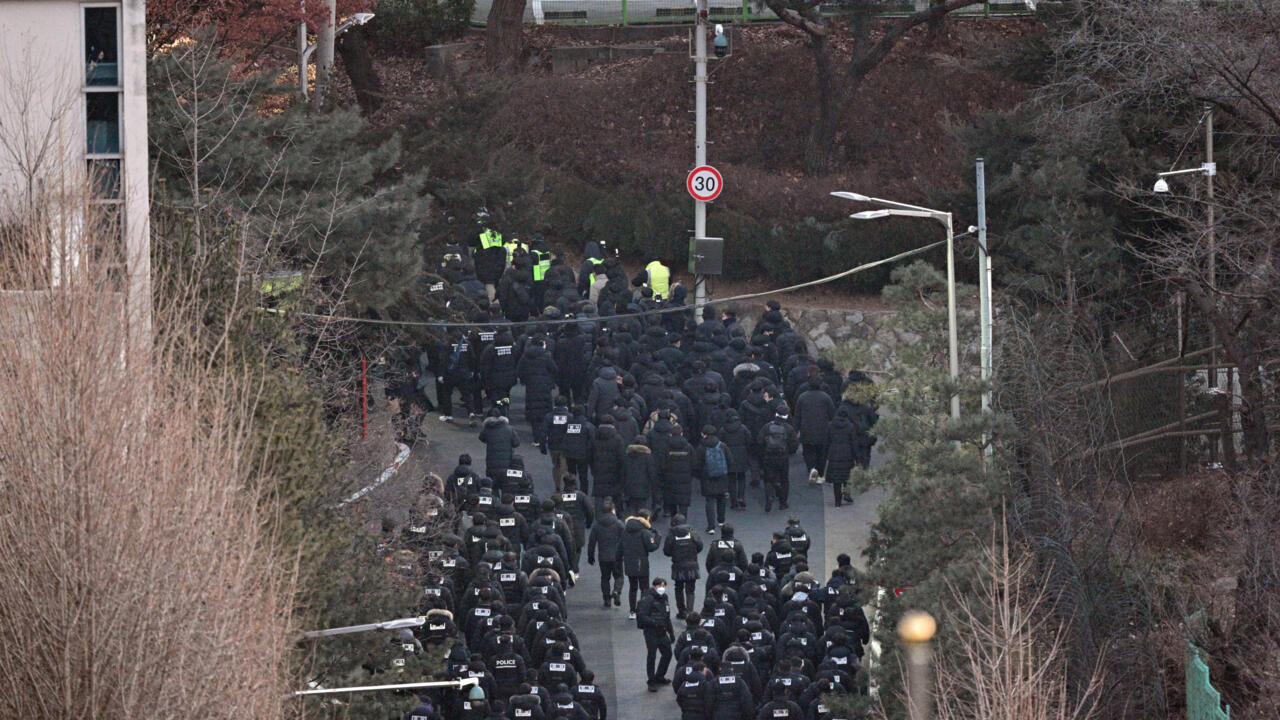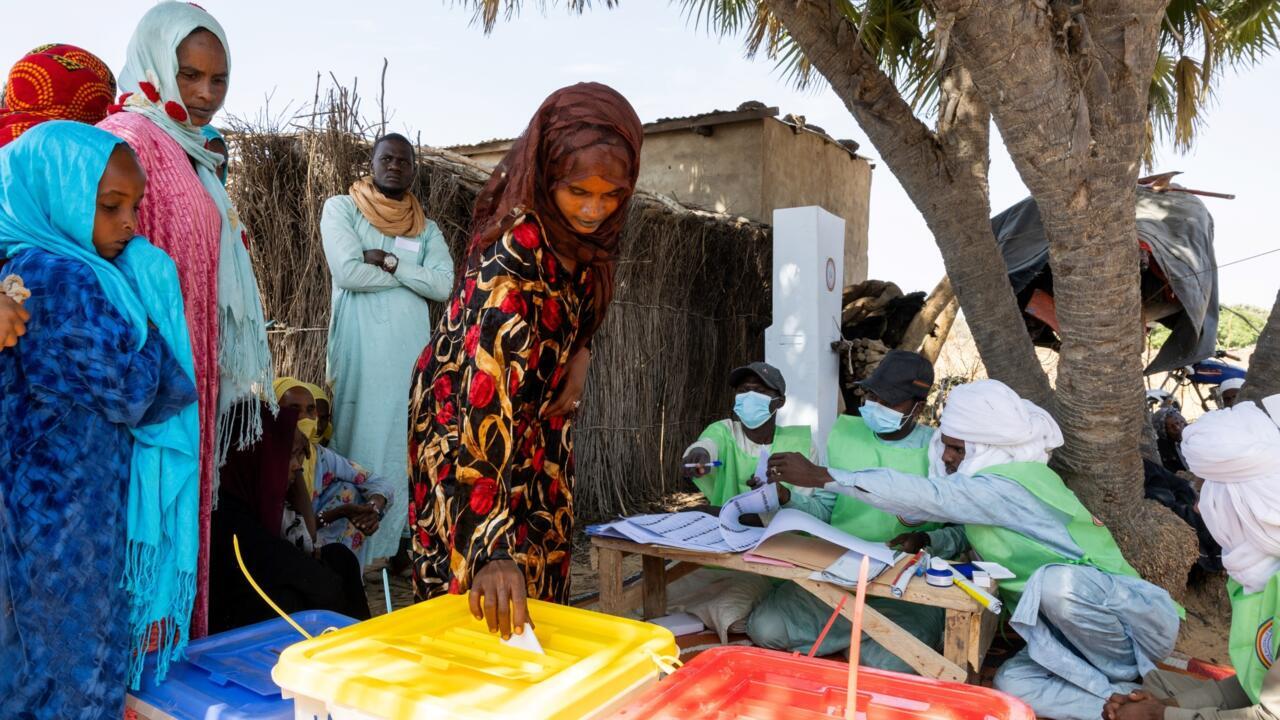Barrot and Baerbock on Friday became the most senior Western figures to visit the Syrian capital since Islamist-led forces toppled longtime ruler Bashar al-Assad last month.
But their meeting with al-Sharaa was overshadowed by the devoutly Muslim leader shaking Barrot’s hand on arrival but pointedly not doing the same to Baerbock, a woman.
“Would I have preferred Ahmed al-Sharaa to shake hands with my German colleague? The answer is yes. Was that the purpose of this trip? The answer is no,” Barrot told RTL.
He pointed to issues including the fate of tens of thousands of Islamic State (IS) fighters held in the country and the risks of proliferation of Assad’s chemical weapons arsenal.
“If I do not go to Syria, who will protect the French against these threats, against their security?” he asked.
He added: “We are talking to the transitional authorities to give them very clear and very firm messages about our expectations in terms of political transition so that Syria can recover.”
After Iran and Russia for a decade helped prop up the Assad regime during the civil war, Bsrrot said it was essential no foreign power took advantage of the regime change to weaken the country.
“Syria will obviously need help, but it is essential that no foreign power comes, as Russia and Iran have done for too long, under the pretext of supporting the authorities or supporting Syria… to weaken it further,” he said.
“The future of Syria belongs to the Syrians,” he added.
Ministers from Syria’s transitional government including the interim foreign minister, Asaad al-Shaibani, arrived in Qatar on Sunday for their first visit to the Gulf state since the toppling of Assad last month.
Qatar was the second country, after Turkey, to officially announce the reopening of its embassy in the Syrian capital since a coalition of armed groups led by the Islamists of HTS (Hayat Tahrir al-Sham) came to power on December 8.
© 2025 AFP






